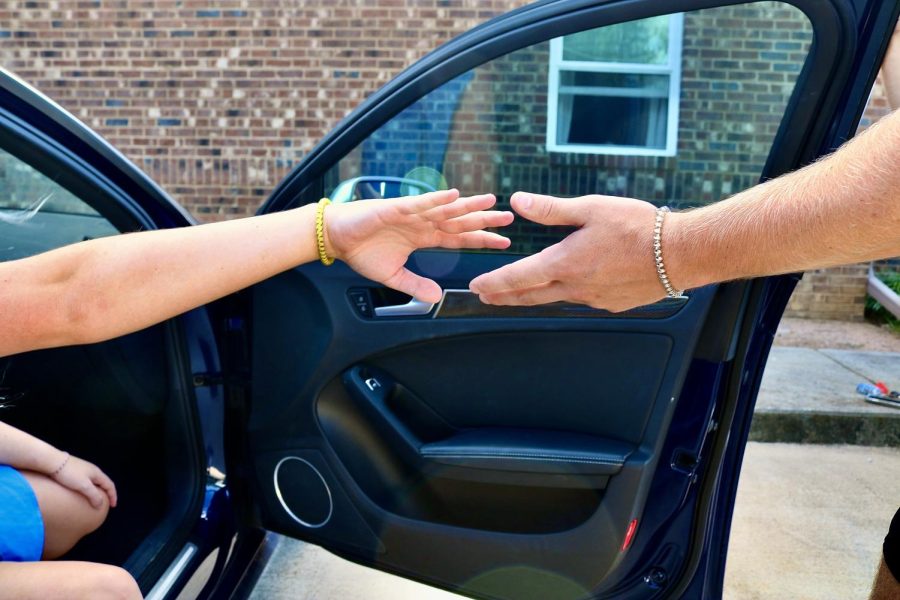Chivalry is dead, and no one came to the funeral
September 28, 2022
As the feminist movement continues to surge forward, gender roles and the expectations placed upon men have shifted dramatically. With these changes, the presence of day to day ‘chivalry’ has slowly ceased to exist.
According to Merriam-Webster, to be chivalrous means to be “marked by gracious courtesy and high-minded consideration especially to women”. Originally a code of conduct, chivalry governed Middle Ages’ knights’ behaviors and actions. It referred to their obligation to rescue the ‘damsel in distress,’ and to protect those weaker than them.
Since then, the meaning of the word has evolved to refer to actions associated with ‘being a gentleman’ and a man’s consideration for women.
However, chivalry roots itself in the perception of women from nearly 1500 years ago, a time in which society considered them second-class citizens. Some argue that when a man is chivalrous towards a woman, it keeps those gender stereotypes alive.
However, the feminist movement rebukes this notion, and at its core fights for equality between the sexes. The argument stems around the proposed question, does the call for equality erase the need for a man to behave as a gentleman?
“Back in the day, in the 1950s and stuff, women were looked at as very fragile,” said Laura Beth Nix, junior mass communication major. “Now with the development of feminism, women are very strong and upheld. I think a lot of men are scared of that, and so naturally, chivalry dies down.”
Some women argue that chivalry belittles women; a woman does not need a man to hold the door for her, or pay for her meal, or walk to her left on the sidewalk.
“I think feminism has made a lot of women want to be more independent,” said junior Reagan Lippold, a psychology major. “I think men have to kind of be able to read the situation and see how the woman may react to how ‘chivalrous’ they’re being. Personally, I don’t have a problem with it.”
By the 15th century, chivalry, as it had once stood, no longer existed. The first reference to its absence came in 1790 when Irish statesman Edmund Burke said, “The age of chivalry is gone: that of sophisters, economists and calculators has succeeded: and the glory of Europe is extinguished forever.”
The phrase “chivalry is dead” began to circulate heavily on social media platforms such as Tumblr and Twitter in the mid 2010’s. Women tended to use it in an ‘ironic’ fashion, cracking jokes referring to real life situations in which they had felt objectified by a man, often ending posts with the tagline “and they say chivalry is dead.”
“I think the culture around chivalry has shifted to where some of the things we used to do aren’t as widely practiced,” said an anonymous GC senior.“I think there’s more avenues than ever to be chivalrous towards a partner.”
In the present day, the internet has made acts of chivalry accessible to nearly anyone who wishes to express them: through gifting someone virtual flowers, an e-card, a virtual hug or even leaving a kind comment on their social media.
“Nowadays, there is such a push on women being individual and not needing to rely on anyone else,” the senior said. “Men need to stand out in the dating world, because women don’t want to settle for someone who’s not a gentleman.”
Though the original connotation of chivalry lies hundreds of years in the past, the term has evolved to encompass gentlemanly gestures as whole. It seems as though chivalry may not be dead; to some it has simply taken on a new form.







